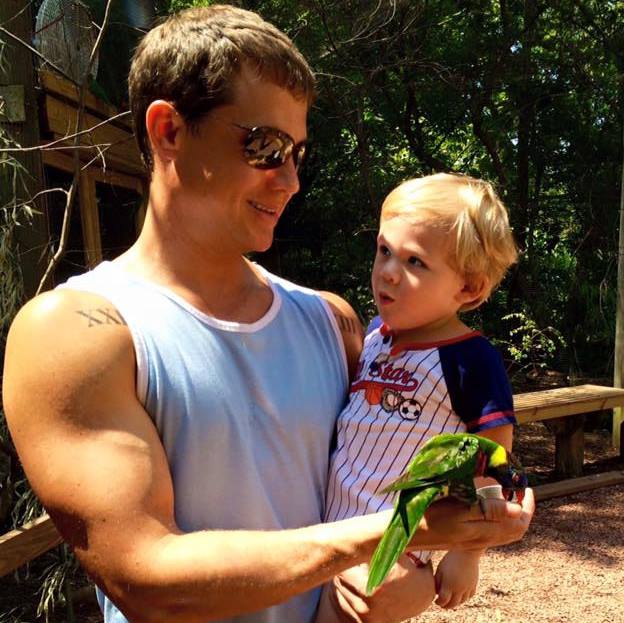New Zealand Police are warning parents to be alert, not alarmed in the wake of a spike in reported suspicious approaches to children around the country.
In recent weeks, a number of cases of children being approached by strangers and asked to come with them have been made public.
But New Zealand Police say much of their investigations are focused on suspicious approaches, rather than attempted abductions.
“Child abductions in New Zealand are extremely rare and most of those are custodial related,” says National Prevention Manager Superintendent Eric Tibbott.
In a statement, New Zealand Police say while they are not able to currently pinpoint the cause of the increase in the reported approaches, historically there is often an increase in the number of reports after publicity around the subject. But the increase in reporting does not necessarily mean there has been an increase in offending.
New Zealand Police say the important thing is to start conversations with children about what to do if they feel unsafe – behaviours and actions that are inappropriate or that make them feel uncomfortable – rather than concentrating on the types of people that could harm them.
The emphasis on potential abuse or abductions by people unknown to them – which is sometimes referred to as ‘stranger danger’ – is an outdated, discredited and potentially dangerous concept that Police has steered away from since the late 1980s, they say.
In the 12 months to 31 January 2017, New Zealand Police recorded crime data shows there were 92 abductions of people aged between 0 and 19 and of these, the offender was unknown to the victim on only six occasions.
“While Police take these [recent] reports very seriously, it is important to stress that we are still yet to establish the exact nature of these recent incidents. Through sensitive interviewing, Police will work to establish if there is any evidence of criminal intent,” says Superintendent Tibbott.
Police advice for talking to children about safety:
Teach your child how to safely get to and from school and other places they go – whether they walk, bike or go by bus.
Make clear rules about getting home.
Go to school with your child so that you can show them the safest route.
Teach them to deal with hazards like narrow footpaths or busy roads.
If they walk, make sure they always use pedestrian crossings.
Who does your child walk home with? Meet the parents of children in your area and keep in touch.
Teach the children to walk home together in twos or small groups, not alone.
Make other arrangements if someone is away.
Anyone who has an immediate concern for their safety should not hesitate to call 111.
We actively encourage students to report anything that makes them feel unsafe or uncomfortable to a trusted adult, a teacher or the Police.


